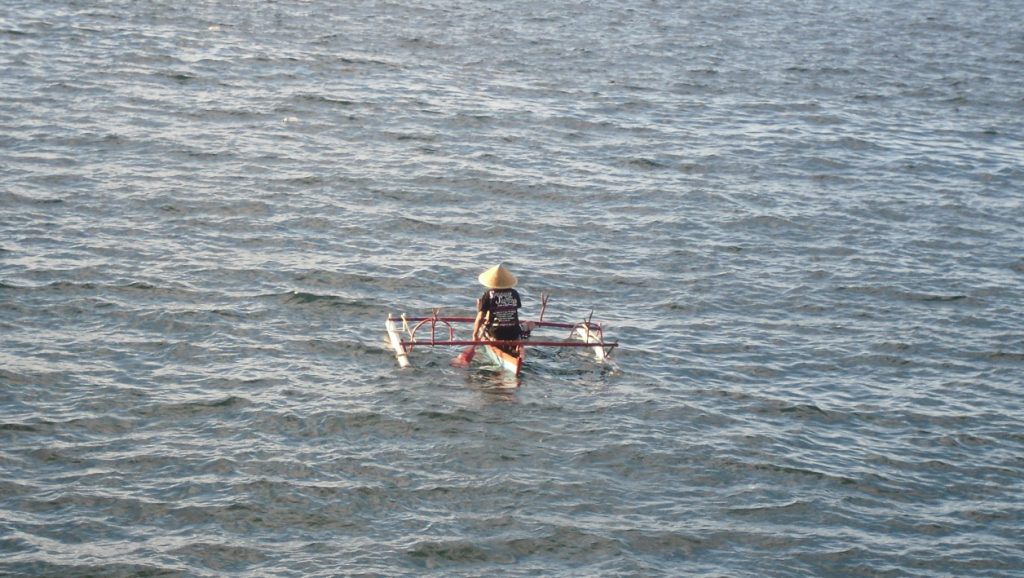Our research in Indonesia seeks to learn from coastal communities about their knowledge and experience on ocean justice and co-design solutions to ensure the country’s fast growing blue economy supports the well-being of communities.
Indonesia comprising 18,110 islands and islets is the largest archipelagic country in the world. In recent years, the country is actively developing its blue economy policies and plans to boost economic growth. For the first time since its independence in 1945, the Indonesian government published the national Ocean Policy in 2017 and most recent the country’s Blue Economy Roadmap in 2023. These documents outline a range of business prospects throughout the archipelagic coasts and waterways across crucial and often competing fields including industry, tourism, logistics, and marine living and non-living resources. However, development obstacles such as climate change, fragmented ocean management, inadequate infrastructure and technology, lack of access to information, low sustainable investment carry risks in hindering successful outcomes of ocean economies and harming coastal communities (Wuwung et al., 2024).
Success in the implementation of Indonesia’s blue economy policies will require in-depth understanding of the communities’ values, needs, and interests to enable stakeholders to address development obstacles and avoid unintended outcomes.
Our research in Indonesia aims to stimulate a rigorous dialogue with communities who rely on the ocean (e.g. small-scale fishers and rust collectors) about impacts of the rapid economic development activities in the ocean (e.g. sand mining and ship breaking/recycling), their conception of ocean justice, and how to achieve a more fair, just and inclusive blue economy.

